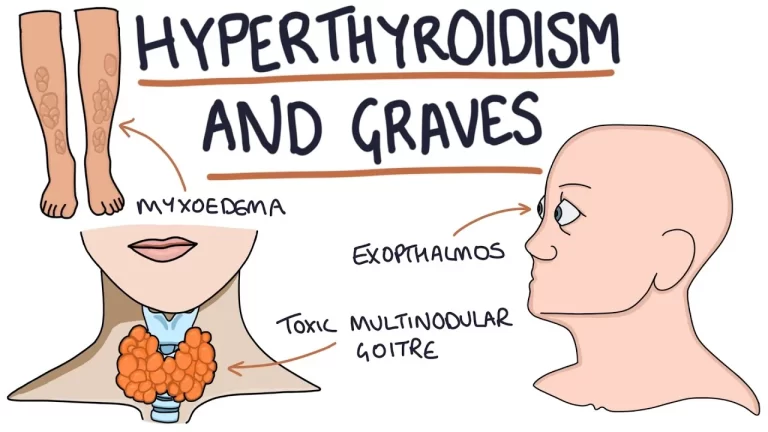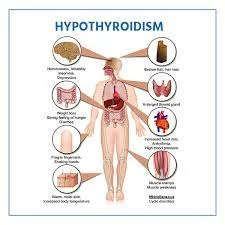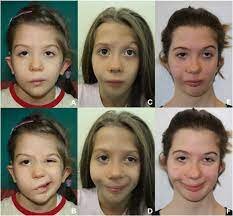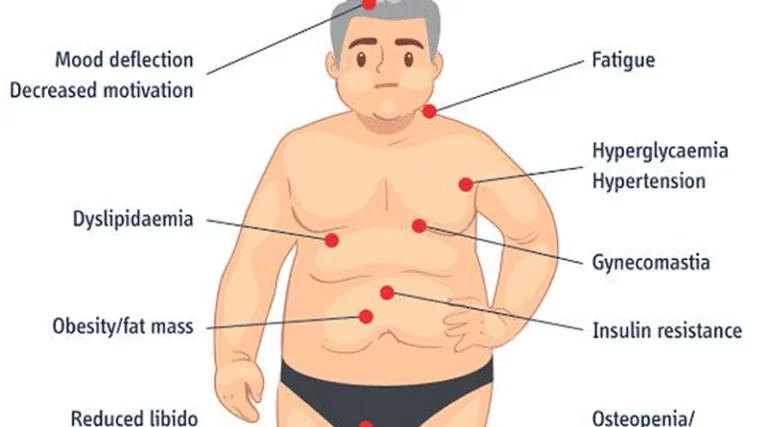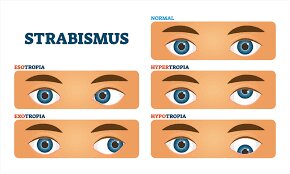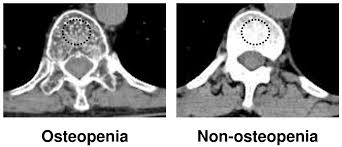Central Nervous System Vasculitis (Cerebral vasculitis)
Central nervous system (CNS) vasculitis identifies that blood vessel walls in the brain and spine are inflamed (swollen). This inflammation may be caused by different types of conditions and illnesses. CNS vasculitis is serious but treatable. What is vasculitis? What is central nervous system vasculitis? Central nervous system (CNS) vasculitis is inflammation of blood vessel…


